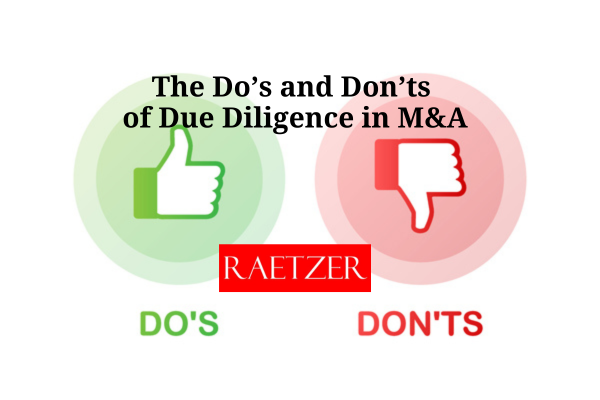In corporations and closely held companies, ownership is determined by the number of shares held. For example, a shareholder owning 1,000 shares in a company with 10,000 total shares has a 10% ownership stake. However, this ownership percentage can be threatened by dilution, a common concern for minority shareholders. For example, if the company issued an additional 10,000 shares, that 10% stake would then drop to 5% of the company.
The Impact of Shareholder Dilution
Shareholder dilution occurs when a corporation issues additional shares, reducing the ownership percentage of existing shareholders. Dilution can erode voting power and investment value, making it a frequent tactic in minority shareholder oppression or squeeze-outs. To combat such risks, preemptive rights can provide protection for shareholders.
What Are Preemptive Rights?
Preemptive rights, sometimes called anti-dilution provisions, grant shareholders the opportunity to purchase a proportional share of any new stock issuance before it is made available to others. These rights safeguard a shareholder’s ownership percentage by allowing them to maintain their stake in the company. Preemptive rights can be included in:
- Shareholder agreements.
- Governing documents such as bylaws or articles of incorporation.
- Securities, merger, or option agreements.
Preemptive rights protect shareholders against damages from dilution, particularly when new shares are sold below their fair value. These rights may:
- Preserve ownership percentage and voting power.
- Protect early investors from value loss due to lower-priced new shares.
- Serve as an incentive for early or high-risk investors.
Preemptive Rights in Texas
In Texas, preemptive rights are not automatically granted to all shareholders. Their availability depends on when a corporation was formed and its governing documents:
- Corporations formed before September 1, 2003: Shareholders have preemptive rights unless explicitly excluded in the articles of incorporation or bylaws.
- Corporations formed on or after September 1, 2003: Shareholders do not have preemptive rights unless explicitly provided for in the governing documents.
Preemptive rights are more commonly granted to majority shareholders, early investors or as an incentive in funding rounds. However, these provisions can complicate efforts to raise capital quickly, particularly in times of financial difficulty in the capital markets.
Exceptions to Preemptive Rights
Under Texas law (Texas Business Organizations Code § 21.204), certain stock issuances are exempt from preemptive rights unless stated otherwise in the share certificates. Exemptions include:
- Shares issued as compensation to directors, officers, or employees.
- Shares issued to satisfy conversion or option rights tied to compensation.
- Shares authorized in the Certificate of Formation and issued within 180 days of incorporation.
- Shares issued for non-monetary consideration.
These exceptions highlight the limitations of preemptive rights. Even with such rights, shareholders without the financial means to purchase additional shares may still face dilution.
Legal Remedies for Shareholder Dilution
Because preemptive rights are not a comprehensive safeguard, minority shareholders experiencing dilution or oppression may need to explore alternative legal remedies.
Potential claims include:
- Breach of Fiduciary Duty: For issuing shares below fair market value or causing loss of value to the corporation.
- Derivative Lawsuits: Pursuing damages on behalf of the corporation.
- Individual Claims: Addressing breaches of fiduciary duty, trust, or conversion of stock.
- Breach of Contract: Based on shareholder agreements.
- Fraud: Claims of fraudulent inducement or securities fraud.
- Ultra Vires Actions: Challenging unauthorized corporate acts.
Legal action can be subject to specific statutes of limitations. For example, claims based on preemptive rights in Texas must be filed within 1 year of written notice of the violation or four years from the stock issuance.
Preventing Disputes and Oppression
To mitigate risks of shareholder disputes, dilution, and litigation, corporations should:
- Establish Clear Bylaws: Define how and when new shares can be issued.
- Grant Preemptive Rights Strategically: Ensure these rights are balanced with the corporation’s need for financial flexibility.
- Enforce Fiduciary Duties: Directors must act in the corporation’s best interest when issuing shares.
In short, the decision to include preemptive rights in corporate governance requires careful consideration. While these provisions can protect against dilution and foster investor confidence, they can also limit a corporation’s agility in raising capital. For minority shareholders, understanding the protections available and exploring legal remedies for unfair dilution is crucial.
Corporations and shareholders alike should consult experienced attorneys to navigate preemptive rights, shareholder agreements and strategies to balance ownership protection with financial flexibility.




